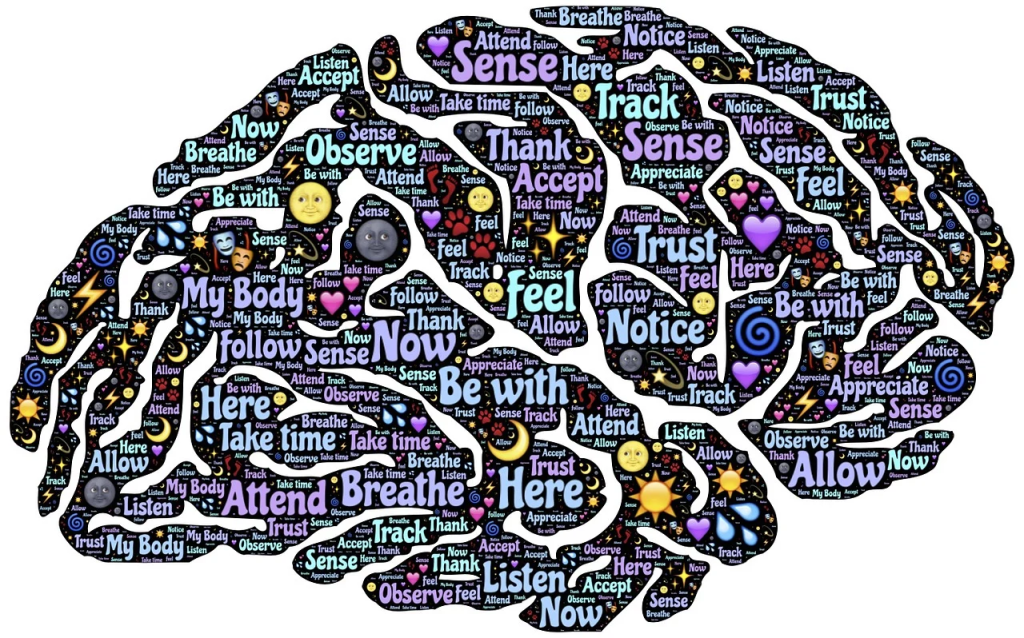"Insanity is doing the same thing repeatedly; yet expecting different results.’’
their own fabrics.
Mental health will forever be personal and internal, yet sometimes the illness becomes
external. As wide as the subject is, I am going into more detail about some specific diseases and
symptoms. For starters, psychosis. While psychosis is not a mental health disorder, it is rather more
a symptom of one (example: schizophrenia, bipolar disorder, clinical depression, etc). The
definition of psychosis:

Psychosis is a condition characterized by a loss of contact with reality, which can manifest
through symptoms such as delusions and hallucinations. During episodes of psychosis,
individuals may struggle to distinguish what is real from what is not, leading to disrupted
thoughts and perceptions.
Another condition relevant to this is dissociation. Dissociation refers to a disconnection or
detachment from one’s sense of self (depersonalisation) or surroundings (derealization). It can
manifest as an involuntary experience where individuals feel disconnected from their thoughts,
body, or environment (often as a response to trauma and stress).
Now, for the most in-depth and complex condition, one which is often stigmatised due to a lack
of education and the media’s make-belief fabrications of such. We are talking about EUPD/BPD
(Emotionally Unstable Personality Disorder/Borderline Personality Disorder). This disorder is
within its own class of sorts, known as ‘’Cluster B Personality Disorders. Within Cluster B, we
house: Anti-Social Personality Disorder, Histrionic Personality Disorder, Narcissistic Personality Disorder
Disorder and EUPD (respectively).

EUPD is a complex personality disorder characterised by an extreme fear of abandonment,
rapid and extreme mood swings, a change in sense of self, and a chronic feeling of emptiness.
Some of the less talked about issues related to EUPD are black and white thinking (all or nothing
thinking), also known as ‘’splitting’’.
Unstable relationships (going from extreme idealisation to
extreme devaluation). Impulsive and self-destructive behaviours (reckless spending, driving,
substance abuse, etc). Self-harm and or suicidal thoughts, behaviours, and threats.
A common misconception about EUPD is that it is just like bipolar. While the two disorders
share many similarities, their signatures are remarkably different. Bipolar episodes, on average,
last longer (depression can be weeks or even months) (mania can be days or weeks). Where as
EUPD’s episodes are triggered easily and last hours or days at best.
One less talked about issue with mental health is identity. The public identity is relatively
structured and healthy. For some people with mental health issues, it isn’t rare to feel a shift or
loss in one’s personality. And for a fraction of people, some cycle through several characters
and personas. I’m not talking about make-belief, but rather a coping method as a response to
trauma.
In conclusion, mental health has been overlooked throughout our history; yet still, we fail to
fully understand the mind’s perception within our reality, as we lack knowledge, we should make
up for with empathy and patience.

